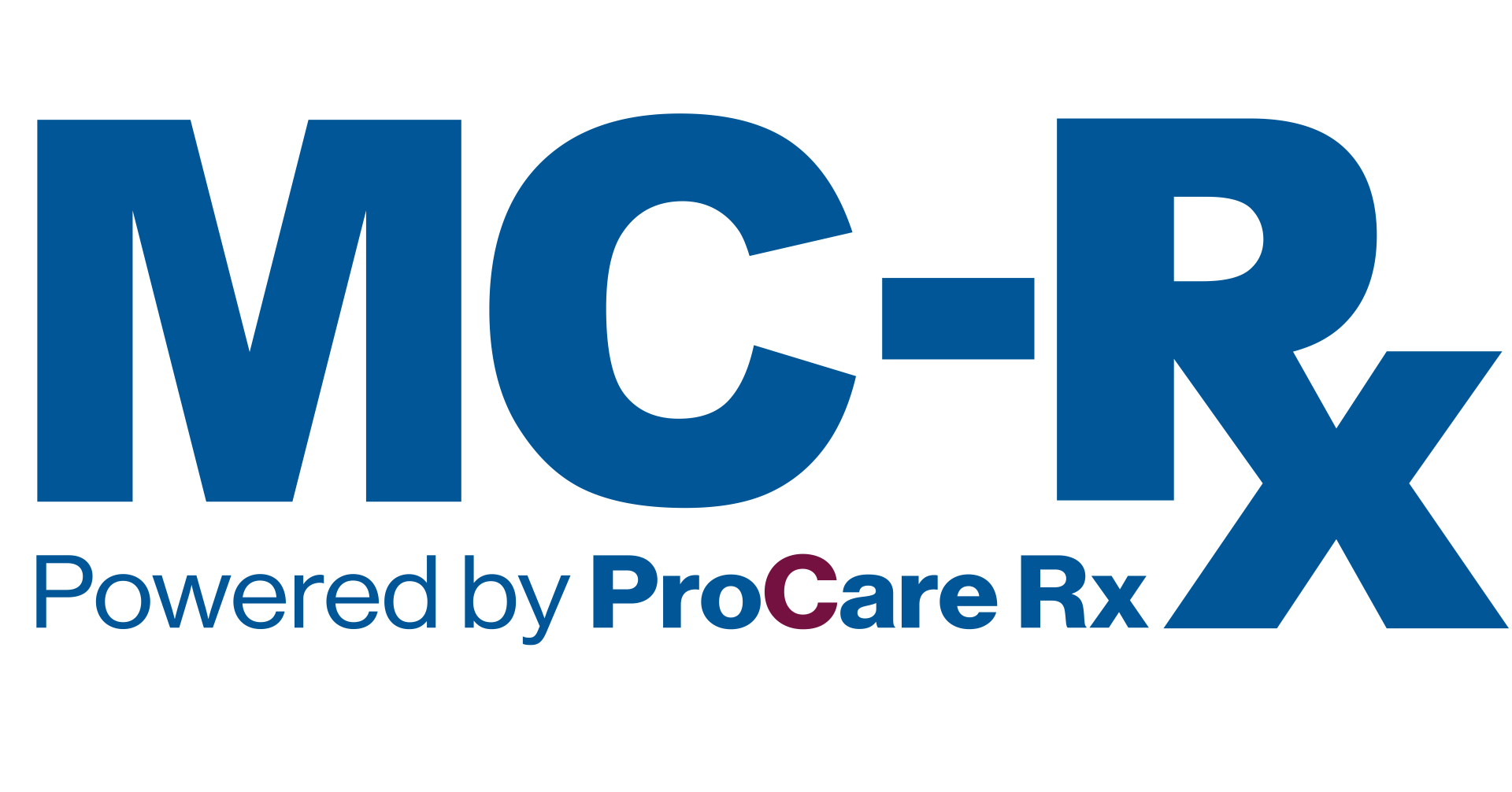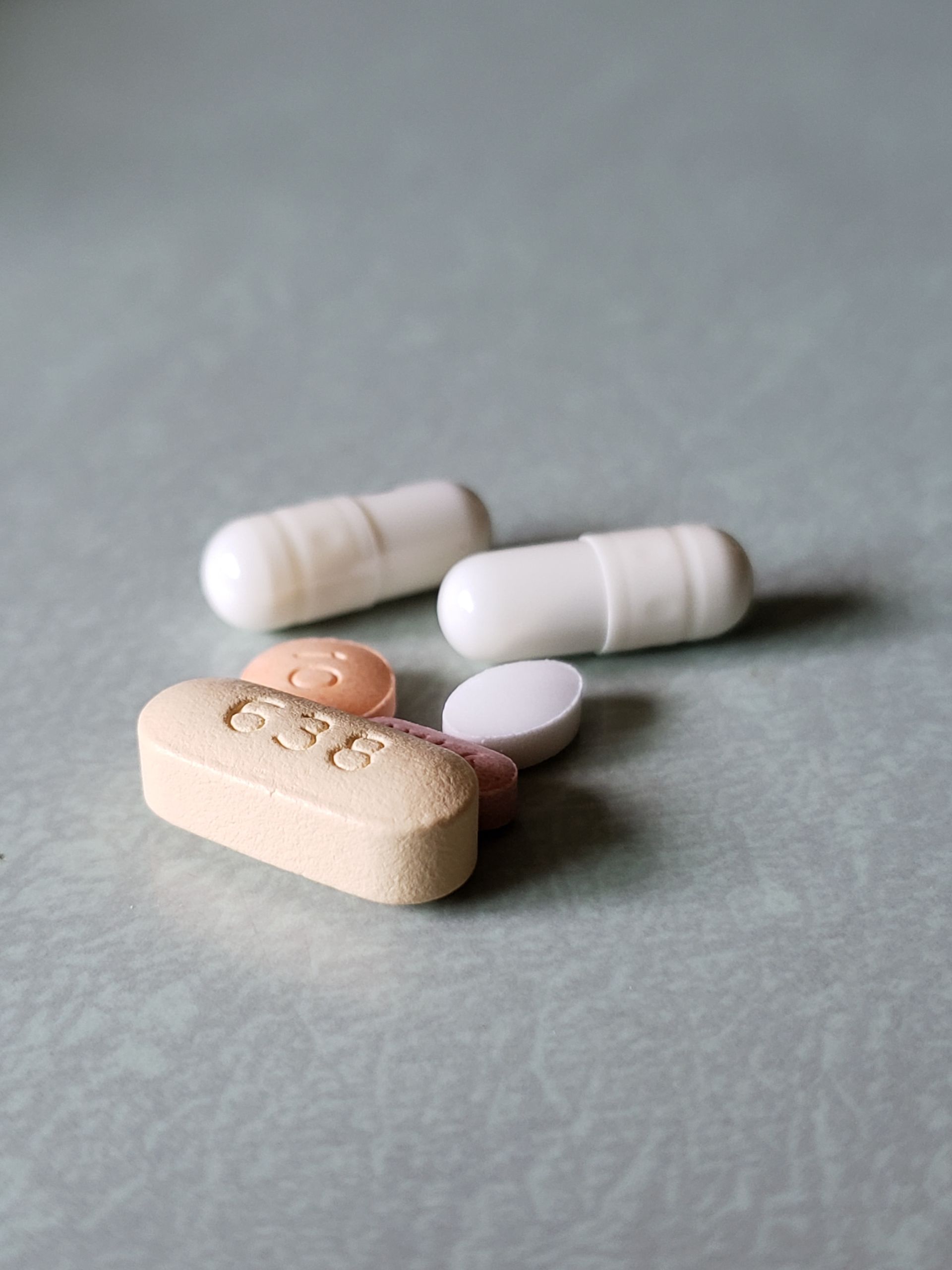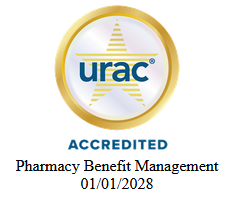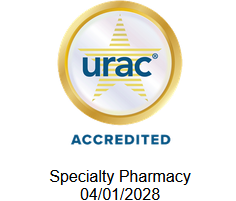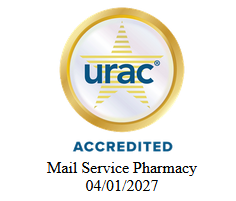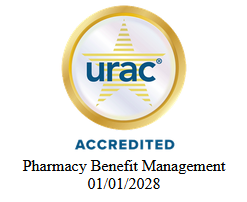Medication Adherence Lowers Healthcare Costs and Improves Patients’ Outcomes
Increased medication adherence has been linked to better clinical and financial outcomes.

More than just compliance, which is taking medication as instructed by your prescriber, medication adherence requires active and collaborative participation between the patient and their healthcare team. Increased medication adherence has been linked to better clinical and financial outcomes. At MC-Rx, we are committed to promoting medication adherence by targeting its key components at the patient, healthcare professional, and managed care levels.
The benefits of medication adherence are significant, especially in chronic conditions like diabetes, hypertension, and hypercholesterolemia. Studies have demonstrated that, for these conditions, higher medication costs were more than offset by medical cost reduction, producing a net reduction in overall healthcare cost.1 The main drivers of this financial benefit are decreased complications and hospitalization rates in patients with high medication adherence.1 It is important to note that this benefit increases as patients get older, where benefit-cost ratios range from 2:1 for adults under age sixty-five with dyslipidemia, to more than 13:1 for older patients with hypertension.2
For all its benefits, medication adherence is not an easy goal; it is estimated that 50% to 60% of patients demonstrate poor medication adherence.3 Efforts to improve adherence rates must target the issue holistically to promote the skills and attitude required for active and collaborative participation between the patient and the healthcare team.
First things first, education. To properly engage patients in their treatments, they must understand their condition and their treatment goals. At MC-Rx, relevant clinical education articles are constantly being published so that patients and healthcare personnel remain updated and have readily available materials to engage in patient conversations. Our many medication access opportunities complement the educational efforts. Concierge pharmacy services, mail order pharmacy, specialty pharmacies, and customer and provider support are but a few of the strategies in place to ensure that the patients have access to the appropriate medications and that they are supported at every step of the way. For our payers, an auditable, claim-level transparent model coupled with data analysis and outcomes reviews ensures the appropriate use of resources to provide the lowest net cost.
In conclusion, there is no downside to promoting medication adherence; it improves patient outcomes, reducing the risk of complications and hospitalizations. This benefit is reflected as a cost-saving opportunity in overall healthcare expenditure. At MC-Rx, we offer unique and tailored solutions for businesses with a proven record of creative, innovative, client-focused solutions within a cost-containment environment while promoting medication adherence at every level.
References:
- Sokol, M. C., McGuigan, K. A., Verbrugge, R. R., & Epstein, R. S. (2005). Impact of medication adherence on hospitalization risk and healthcare cost. Medical care, 43(6), 521–530. https://doi.org/10.1097/01.mlr.0000163641.86870.af
- Roebuck, M. C., Liberman, J. N., Gemmill-Toyama, M., & Brennan, T. A. (2011). Medication adherence leads to lower health care use and costs despite increased drug spending. Health affairs (Project Hope), 30(1), 91–99. https://doi.org/10.1377/hlthaff.2009.1087
- Massot Mesquida, M., de la Fuente, J. A., Andrés Lorca, A. M., Arteaga Pillasagua, I., Balboa Blanco, E., Gracia Vidal, S., Pablo Reyes, S., Gómez Iparraguirre, P., Seda Gombau, G., & Torán-Monserrat, P. (2021). Primary Care Records of Chronic-Disease Patient Adherence to Treatment. International journal of environmental research and public health, 18(7), 3710. https://doi.org/10.3390/ijerph18073710



